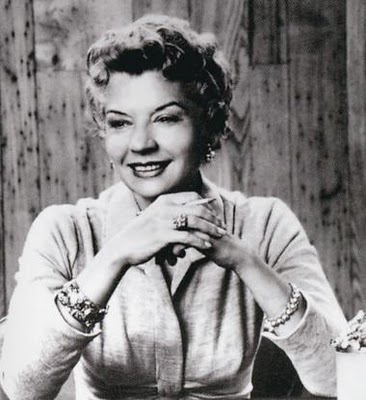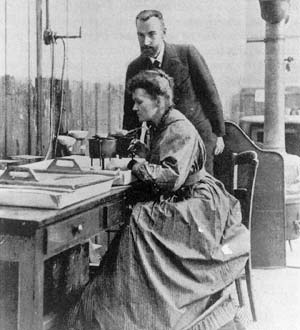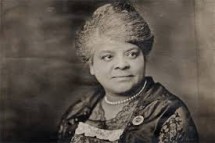
It would be hard to overemphasize the incredible contribution of Georgia’s own Brownie Mae Humphrey (1912-1992) to women’s independence. Born in Buford, Georgia, Brownie grew up in the center of southern industry in Atlanta, Georgia after the divorce of her parents. She lived with her aunt while her mother,
Brownie Mae Humphrey was born in 1913 in Buford, Georgia (USA), the daughter of a plumber, Jerome Humphrey, and a hat maker, Rosabelle Stroud. After her parents’ divorce, Brownie mostly grew up with her aunt in Atlanta, since her mother’s managerial job required extensive travel and she would be left for months at a time.
In 1936, Brownie won a contest to paint a mural at the Texas Centennial in Dallas. While there, she met Robert Wise with whom she married at the end of the same year. The couple moved to Detroit where their only child, Jerry, was born in 1938.
As a homemaker, Wise frequently contributed to a reader’s column in the Detroit News called Experience under the pen name ‘Hibiscus’, submitting long, carefully crafted descriptions of her happy life. What she wrote, however, had little to do with the reality she was living in. After Brownie and Robert Wise divorced in 1941, Brownie worked as a secretary for the Bendix Aviation Corporation.
To supplement her income, she started selling Stanley Home Products with her mother at home party demonstrations after the Second World War. Mother and daughter were pioneers in direct selling, setting up their own company in 1949 named Patio Parties, which focused on the sale of Stanley Home Products and West Bend products. They also organised special Poly-T Parties for selling Tupperware
Brownie Wise was the marketing genius who created the in-home sales technique for Tupperware, giving more power to women. As head of sales, she grew the company to 100 million in revenue by 1958, becoming the first woman ever to grace their cover of Businessweek. Inventor Earl Tupper “grew annoyed when the press implied that his plastic products owed their success entirely to Brownie Wise’s marketing know-how.” On January 28, 1958, Tupper fired Wise with next to no warning, cutting her off with a $35,000 settlement.
Interested in reading more: Visit PBS.org’s story about Tupperware.
Of course, today, Brownie would have public opinion and many thousands of Girlfriends behind her to fight her treatment by Tupper.




